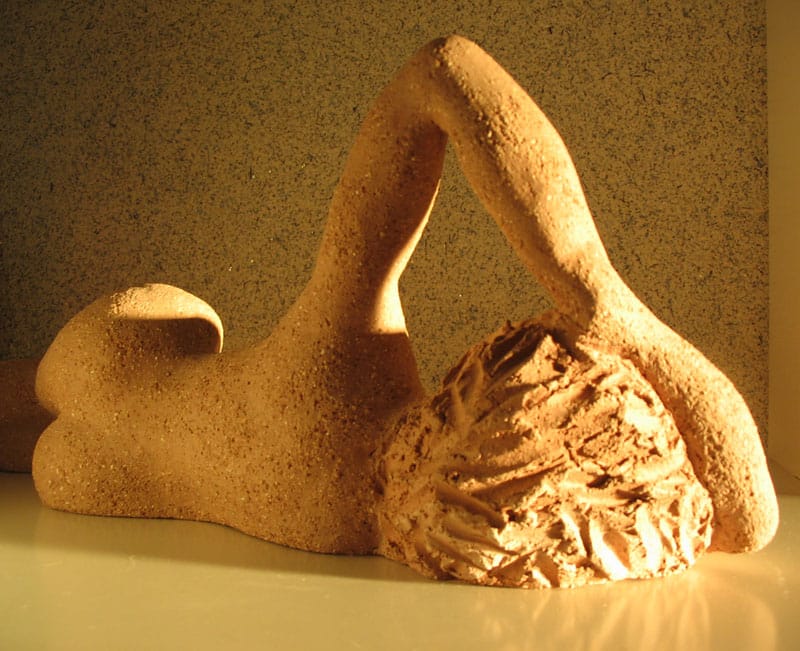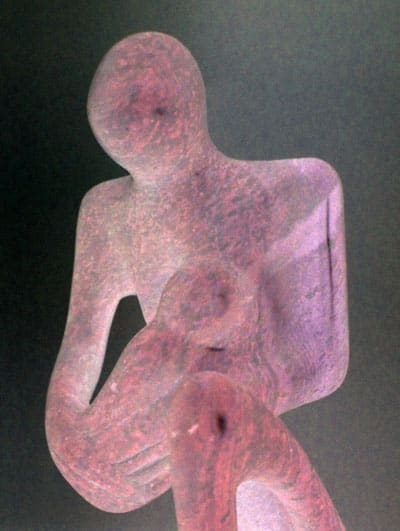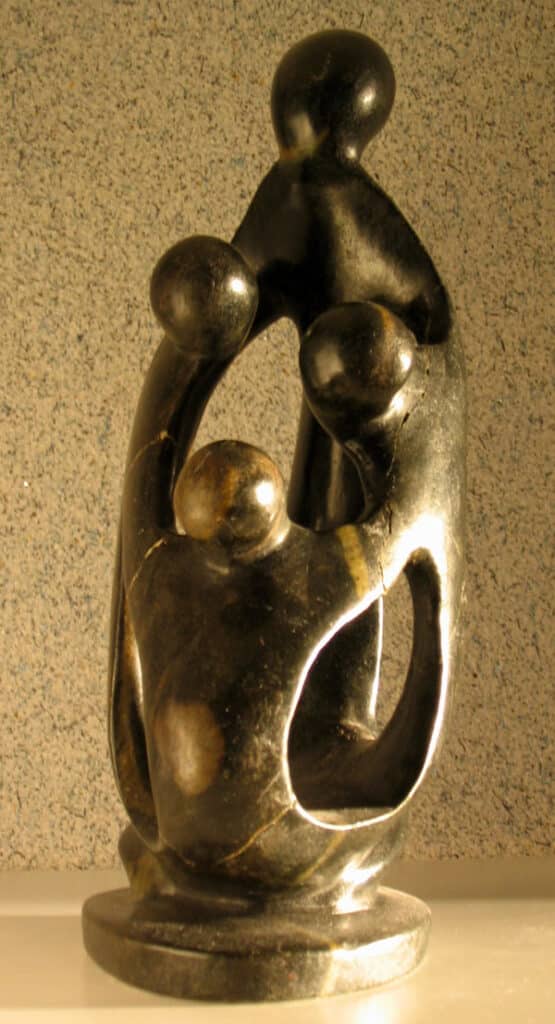The mother's experience

For a woman, giving birth is an event that demands the whole of her being: body, mind and soul. Preparing mentally and physically to let this extraordinary work take place in her body, and carrying it out as well as possible, strengthens her in her own eyes as a woman and mother. Not being able to accomplish this, or only partially, can greatly destabilize her in the integration of her role as a mother and/or in the recognition of her femininity. The emotional upheavals are strong and complex.
One thing is striking when you talk to women who have had a C-section:
they remember, sometimes many years later, a particular a hurtful remark from those around them in particular:
For a woman, giving birth is an event that demands the whole of her being: body, mind and soul. Preparing herself mentally and physically to let this tremendous work take place in her body, and carrying it out in the best possible way, confirms her in her own eyes as a woman and mother. Not being able to do this, or doing it only partially, can greatly destabilize her integration of her role as a mother and/or recognition of her femininity. The emotional upheavals are strong and complex.





One thing is striking when you talk to women who have had a Caesarean section: they remember, sometimes many years later, a remark from those around them that particularly hurt their feelings:
"You and your baby are fine - what more do you want?"
And even if the first weeks with the baby and the demands of this new life push women to repress what they really feelThey know that something important has happened to them. If the above remark hurts them so much, it's because it doesn't take account of the mother's experience, it even erases it. Women are very often aware that a C-section represents a "break" in their lives. They are affected in their flesh, but sometimes also in their innermost being. For whatever reason, the natural route has not been respected, their dream has not come true, their body has been wounded, as if abandoned.
At the rational levelCesarean section can be recognized as medically indicated, necessary and experienced as a relief at the end of an exhausting, painful, ineffective and anguish-filled labor. But the body and heart can still be revolted, disappointed, hurt, traumatized, overwhelmed, guilty, anxious, painful, sad .... To name these emotions, the list of adjectives is as long as there are different experiences.
It could be said that a woman disappointed by her caesarean must make the mourning a dream, a project. And so she may go through phases of shock, denial, guilt, anger and perhaps depression. It's a process that can leave her feeling unmotivated and drained for some time, before finally coming to terms with what's happened and opening up new perspectives. This process is not a straight line and takes time and energy. But it does allow us to recognize our suffering and give it room to work through. It may also be the only way to give birth again under different circumstances.
A scheduled caesarean section is easier to integrate into the mother's experience, because it gives her time to prepare herself psychologically and adapt to the situation. But this is no guarantee, and the lack of information can also lead to surprises. They are often astonished to feel so many gestures and manipulations of the belly to extract the child, for example.
On the other hand, the emergency caesarean sections clearly increase the risk of a difficult experience. In such cases, there is a huge loss of control and stress over the danger to mother and/or baby, and it is sometimes difficult to understand what has happened. And the medical team has to act as quickly as possible - so there's no time for extensive explanations. A post-operative debriefing is almost indispensable in such a situation, and is often offered these days.
It could be said that a woman disappointed by her caesarean must make the mourning a dream, a project. And so she may go through phases of shock, denial, guilt, anger and perhaps depression. It's a process that can leave her feeling unmotivated and drained for some time, before finally coming to terms with what's happened and opening up new perspectives. This process is not a straight line and takes time and energy. But it does allow us to recognize our suffering and give it room to work through. It may also be the only way to give birth again under different circumstances.
As a general rule, a caesarean section scheduled for medical reasons is easier to integrate into the mother's experience, because it gives her time to prepare psychologically and adapt to the situation. However, this is no guarantee, and the lack of information can lead to surprises. They are often astonished to feel so many gestures and manipulations of the belly to extract the child, for example.
It would be interesting to evaluate the experiences of women who choose a elective cesarean sectionand therefore without any medical indication. Don't they feel obliged to live through this experience of their own free will? And what dilemma do they face in the event of C-section complications for themselves, and especially for their baby?
In individual interviews or discussion groups, experience shows that women often seek a better understanding of what they have experienced when they find themselves waiting for a new birth. Happy and painful memories come to the surface, stimulating the woman (or couple) to find out more, to want to understand and to change their approach to bringing this new baby into the world. As pregnancy naturally induces a kind of psychological permeability (sensitivity on the skin), it's a very propitious time to work on oneself and prepare for the new birth in a different way, more in tune with one's body and intuition. Women often change doctor and place of birth at this time. Their questions become more incisive, and they demand a different place in the decision-making process. They become much more attentive to the respect and listening they encounter along the way.
For birth professionals, it can sometimes be a challenge to step out of the routine of pregnancy and/or childbirth monitoring, to challenge themselves and to give women/couples extra, but precious, time.
And spiritual experience ....
It may be necessary for a woman to place the caesarean section event in a wider context and see how to make sense of it in the story of his life. Many questions may arise: what have I done to deserve "this"? Why did I do it? How can I overcome this wound, this feeling of being incapable, of being useless? Was it inevitable, or am I at fault in some way? Fate or destiny? How can I accept what's happening to me? What's the point? Can there be any good in the end? What can this event teach me about myself?
We live in a multi-cultural world and every culture has its own values and resources for dealing with difficult situations in life. It's also often the case within a couple that two cultures rub shoulders, sometimes clashing, but above all mutually enriching each other.
Trying to understand, daring to really listen to ourselves, giving ourselves the time and means to see what "repair" is necessary and possible, and how to integrate all these changes into our daily lives, is an important step after any painful life event, and can be a long process. Everyone needs to find their own path, their own pace and their own resources. There's no universal recipe, but the process gradually brings us closer to our innermost being in all its facets. And asking for help is not a sign of weakness, but of wisdom.